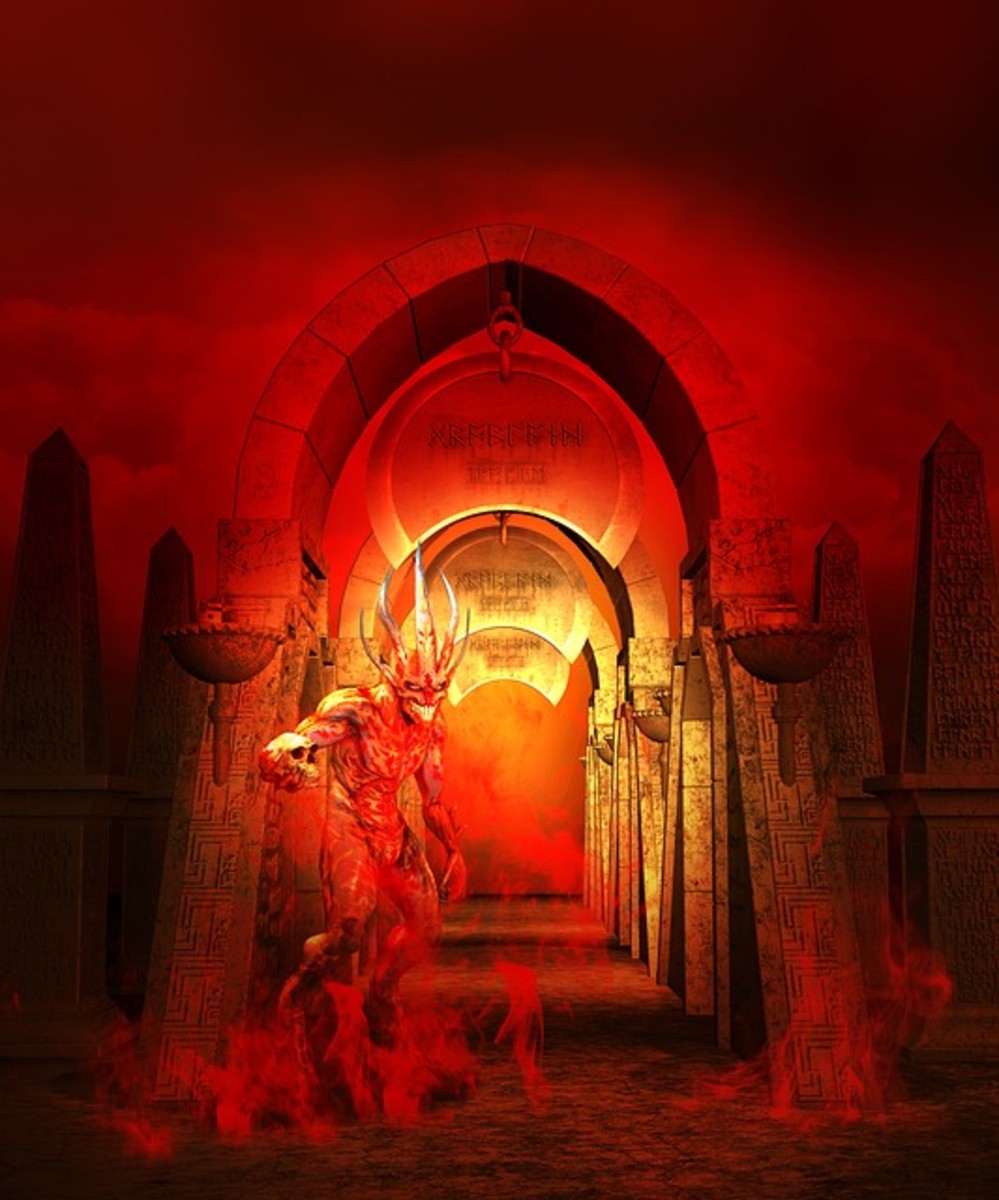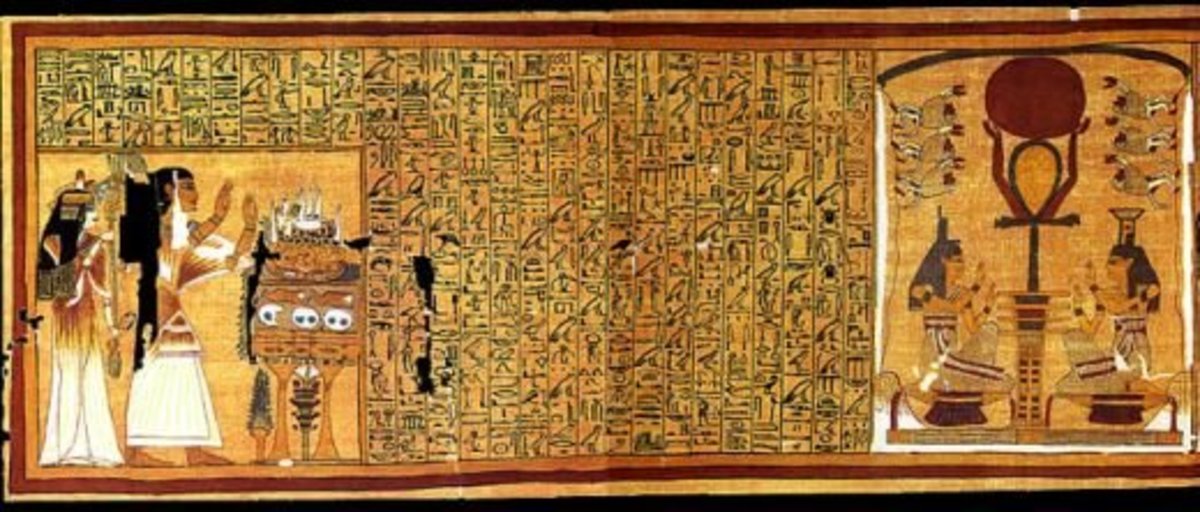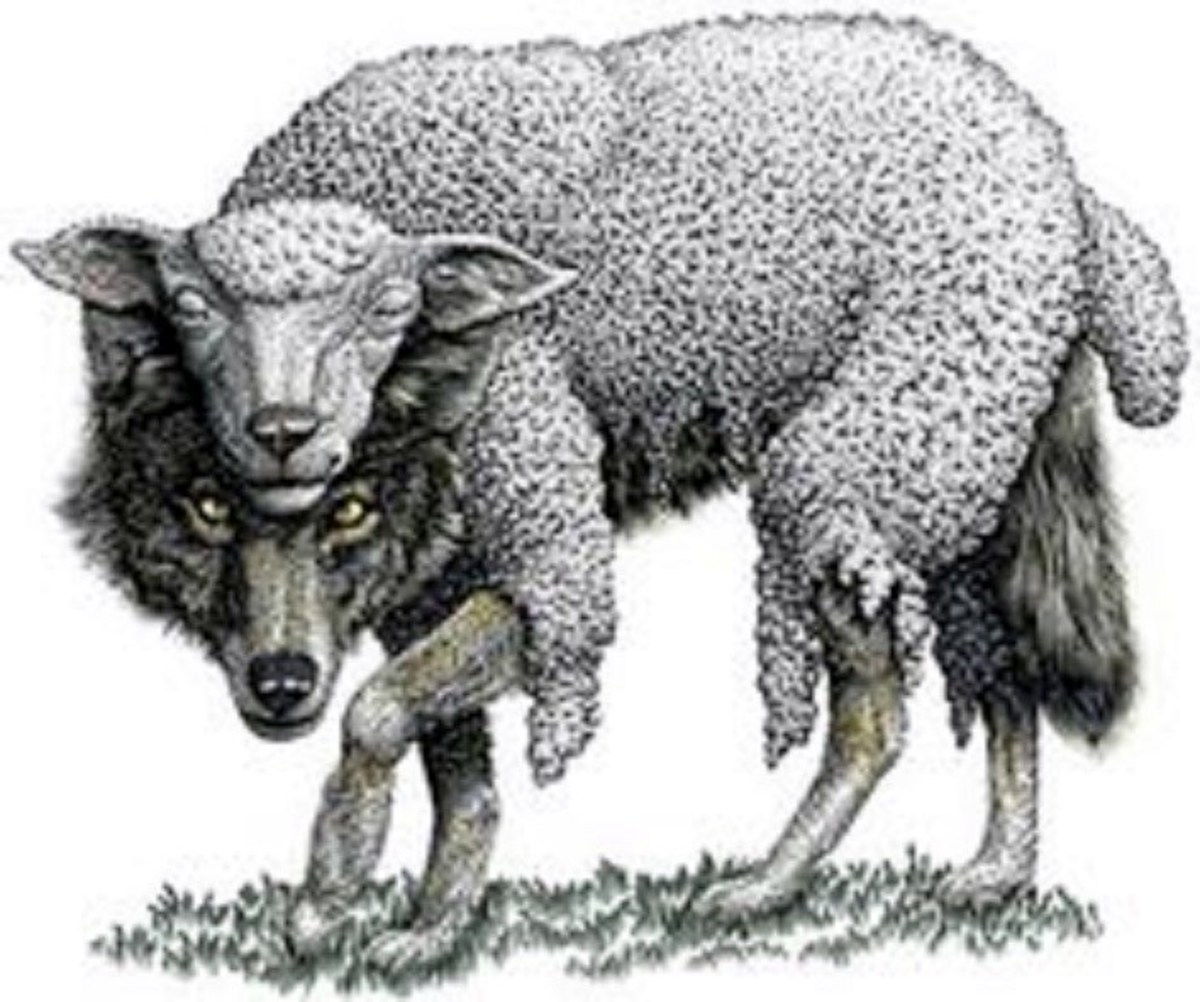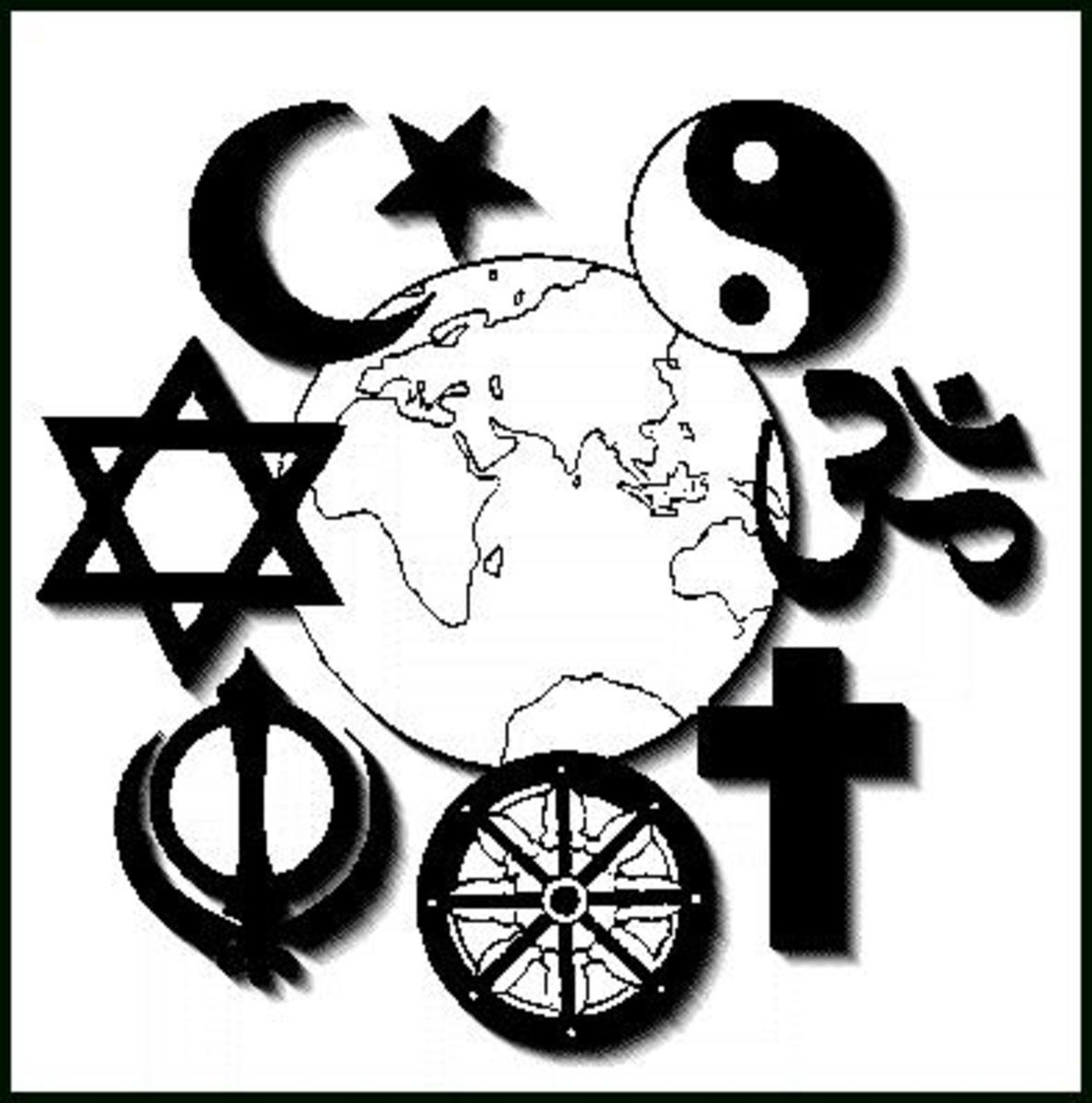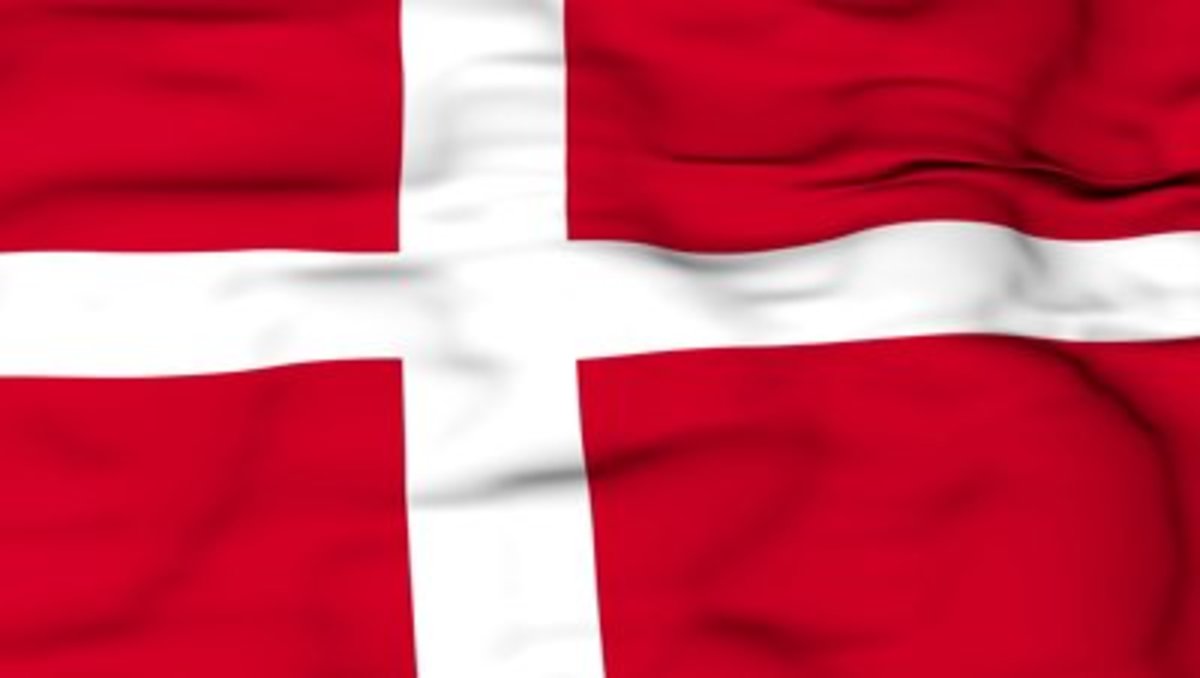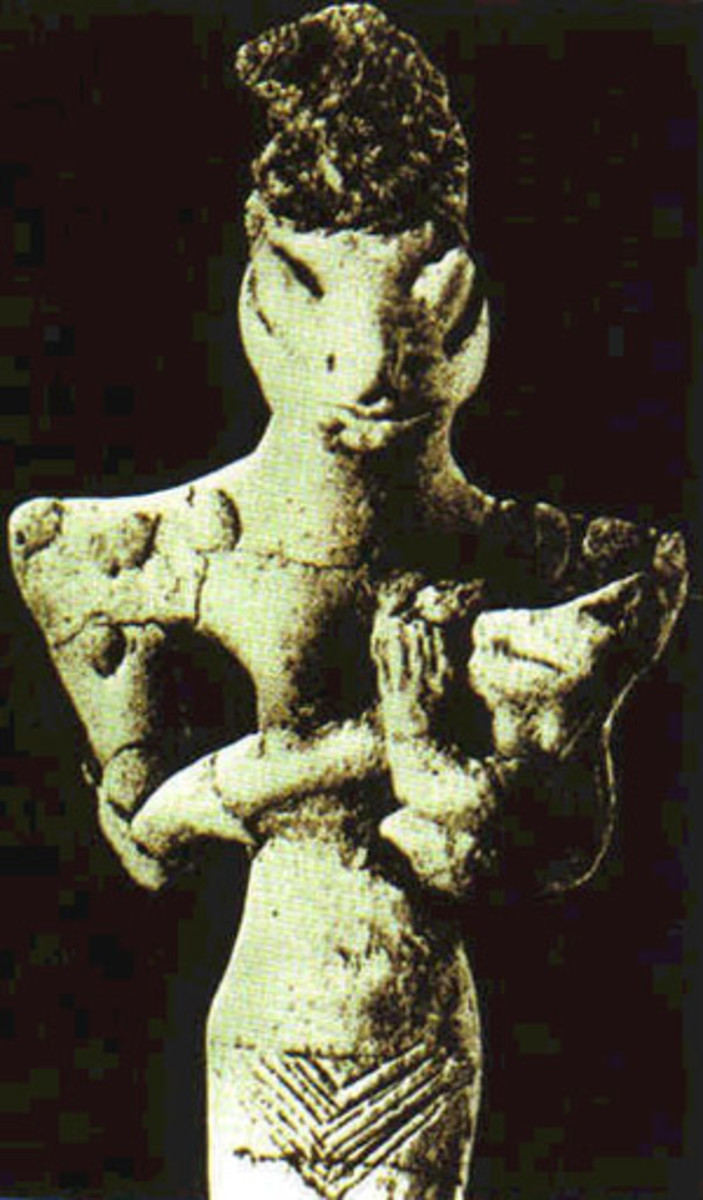A Spiritual Theory-Part 2a: On God and Religion - A Philosophical Overview [181b]
It Is A Matter of Perspective, Don't You See
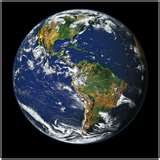
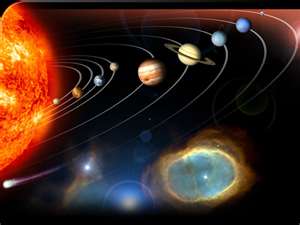
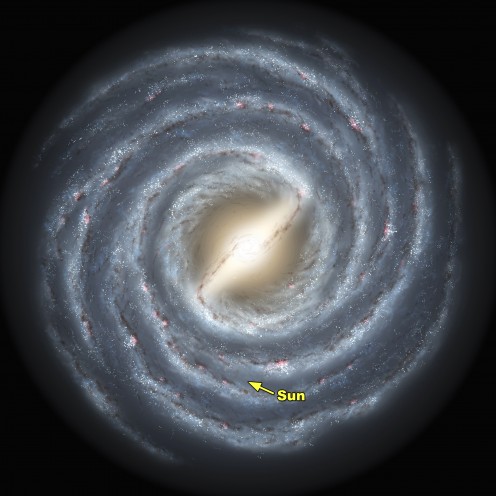
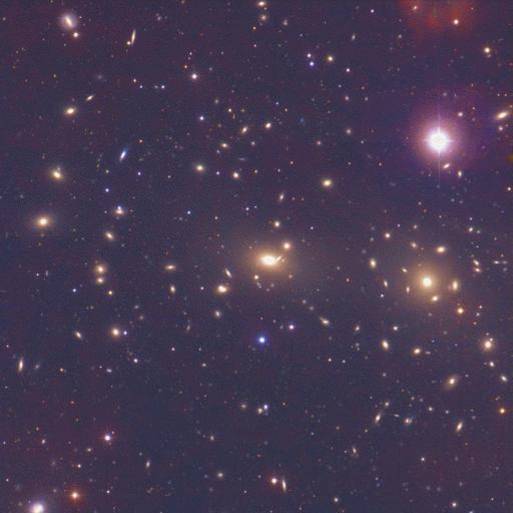
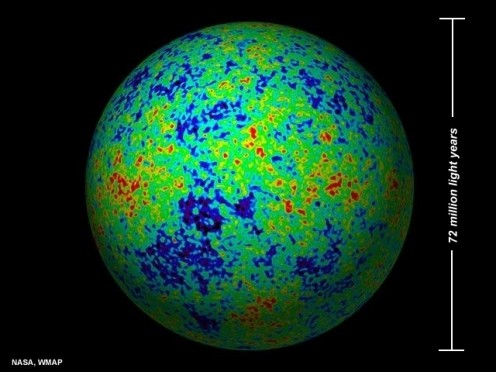
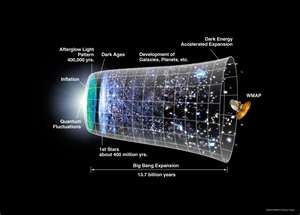
PRELUDE
ON FEBRUARY 17, 1600, GIORDANA BRUNO, an Italian Dominican friar, a philosopher, mathematician and astronomer, was burned alive at the stake by the Catholic church for believing and stating the Earth was not the center of the Universe. In fact, he went so far as to say the Sun was not the at the center either but just a simple star in a universe of other stars which might have worlds with intelligent beings. Pope Sixtus V's Roman Inquisition found Bruno guilty of the crime of heresy for his Pantheism, which relates God and the Universe, in violation of the churches teachings that the Bible, written by God, clearly stated that all things, in order to be perfect, had to revolve around His creation, Earth.
A simple stroll down the images to the right give ample evidence to how wrong Christianity was for almost 1700 years, 500 years after the Muslims figured out that a Geocentric model was the wrong model. Amazingly enough, as of 2005, according to a Northwestern University Study, 20% of Americans still believe the Sun orbits around the Earth. Coincidentally, that is about the percentage of fundamentalist Christians living in America.
When I broke with the church, Methodist I think, in 1957, I had no concept of the ideas that lay behind these beautiful pictures, I only knew that what the Bible presented to my ten-year old eyes and mind didn't come close to making sense and the Sunday school teachers and preachers couldn't offer anything of substance either. I tuned out, and, because I was, and remain, intensely interested in knowing the meaning of life even though I didn't think of it in those terms then, I nevertheless kept thinking and searching; I just had a yearning to find an answer.
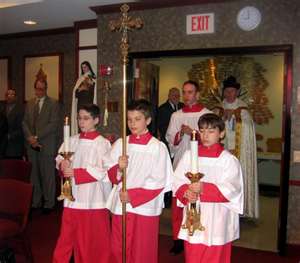
Early Years
What part of the Bible was the last straw in estranging me from Christianity back in 1957 is lost in my memory; but it was an accumulation of verses throughout the Old and New Testaments. My mother wanted me to go to church every Sunday and attend Sunday school and I dutifully protested but went anyway; I remember being an alter boy walking down an aisle a wearing a robe with some sort of purple sash, I think, putting out candles with a long snuffer.
They preached love and forgiveness and tolerance, but yet when I read the Bible, except for the words attributed to Jesus, there wasn't much of that going around in the Jewish, then Christian communities, especially in the Old Testament. Then, when I read history about Christianity I was absolutely confused over the bifurcation between the charity works at the individual level and despotic activities at the leadership level. Of course, I doubt that I thought of that in quite those terms then, but the dichotomy was not lost on me.
The clergy to whom I took my questions, as a young boy, failed to explain those parts of the Bible which I found objectionable because it seemed to run so counter to what they were preaching from the pulpit. Consequently, I stopped going to church as often as my mother would let me which soon evolved to not at all. Instead, I started thinking about God and the meaning of life (I was a loner and a nerd ... before there were nerds ... back then, so I had plenty of time to think. I thought because I had not forsaken God, just the Christian version; even then, looking up into the night sky told me we were not alone.
THE LONG MIDDLE YEARS
THIS PERIOD LASTED from high school until my mid-40s. During that period, I simply expanded my knowledge base, mainly along the science vector. In that time, I found I was a Meyers-Briggs Type Indicator (MBTI) of INTP - Introverted, Intuitive, Thinking, Perceptive. To those not familiar with the MBTI, that means I like to think a lot, that theoretical concepts engage me, that merging ideas from many fields intrigues me; it also means I am often not a very practical person, although I can be very pragmatic - common sense sometimes alludes me.
Nevertheless, I tried to make good use of this personality type (of which I wasn't really aware until somewhere in my mid- to late-30s) as I matured. While I was not obsessed with finding the "answer", I never stopped looking; always latching on to a piece of the puzzle and trying to fit it in with what I already knew to see if it made sense or to change my thinking, if that was what was needed. As it turned out, although I didn't know the specifics at the time, I was already pretty well set as to what my "final answer" to God and the meaning of Life was going to be.
It was during this period where I became convinced, without going into details, that God and Nature were one in the same and not two different entities as the monotheists would have you believe. How that worked, I didn't know yet, but it seemed obvious this is the way it had to be to smooth out all of the obvious contradictions contained in a monotheistic philosophy. Take the fable of Job, for example; that tale is the height of contradiction by asserting that God exemplifies everything monotheists claim isn't about.
It doesn't make any difference which version of the Bible you read, it goes something like this: God and Satan are have a conversation in Heaven where Satan makes the claim that God can't find one man who unconditionally believes in Him. God takes Satan up on the challenge and picks Job to be the man and then gives Satan the go ahead to do what he will to Job, his family, and his possessions save for hurting Job himself. Satan, with God's blessing, sets about killing Job's livestock, servants and family, except his wife. When that doesn't do the trick, Satan asks God to allow him to attack Job personally, to which God agrees with the caveat that Satan doesn't kill Job. So, Satan then afflicts Job with terrible maladies ... and so the story goes.
Job is wrong on so many levels, yet the faithful find a way to ignore the clear problems with this tale and justify God's actions; they say there is no problem, no contradiction with how they perceive God. This, of course, is beyond my understanding, but so be it; it is their belief and they have to live what I must think is a terrible subconscience conflict raging between the words they read and the faith they have.
Job was central, however, to my leaving the church at such a young age. Christians say that Man was created in the "image" of God; it is inconceivable to me to be created in that image, hence, there must be a different answer given that Man does often exhibit the characteristics attributed to God in Job. That answer is, to me, that God and Nature are one and the same thing.
Of course, thinking that God and Nature are one in the same leaves me in a conundrum as well because that means those characteristics in Man that are so atrocious are also characteristics of God. This problem took a long time to work through, but I ultimately did ... I think. In any case, this is how these 30 some-odd years were spent, gathering knowledge and working through the problems that developed either in conversations with myself or with others. This period came to an end when I purchased a book-on-tape about the philosopher Baruch (Benedict) Spinoza.
PHILOSOPHER BARUCH SPINOZA
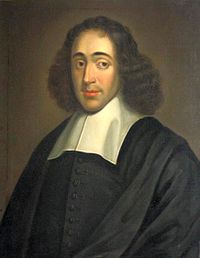
THE GREAT INSIGHT
BARUCH SPINOZA PROVED THE EXISTENCE OF GOD! It wasn't, however, the kind of proof his own Jewish religion or Christians thought was appropriate. He was excommunicated by the Jews, and had to delay publishing his seminal philosophy for fear of his life from the Christians. In any case, It was the explanation of this "proof" by the authors of the book that I was listening to which put me on my course that led to my current position. The reason is that it clarified and solidified the ideas that had been running around in my head, it brought into focus what I already intuitively knew to be true.
At this point, I will keep the explanation simple, but will go into more detail in other hubs. The theory works something like this. Take a rock or a person or an idea; they all exist in real time whether as a material thing or a concept. None of these things simply appeared out of thin air, even the idea; they all had a "cause". The person was caused by his or her parents, the idea was caused by an active mind chock full of experiences, the particular rock we have in our had was caused by the compression of sediment beneath the ocean which was pushed to the surface in some seismic activity and then eroded by the elements of eons of time. Now, take each one of those "causes", the parents, the mind, the sediment and consider their "causes". Then take those "causes" ... and so forth. Through the use of theorems and axioms and other tools of geometry, Spinoza took this train of logic backwards to arrive at what he called the "One Cause"; which "caused" itself. Spinoza called this "One Cause", God.
He called this "One Cause" God, because it fulfilled all the requirements for being a God, mainly that there are no other Gods possible, that this "God" is truly infinite, and that all that is flows from it and from nothing else. When I heard this, I actually said out loud something like (I think I was in my car at the time) "That is it! That is what I believe!"; the narrator had put words to the thoughts that had been circulating in my head.
With this insight, I had my religion, more or less; at least the beginning of one. In today's terminology, Spinoza was a Pantheist, more specifically, because there are variations in Pantheism, he was a "Scientific" Pantheist; I doubt that he thought of himself as that though.
THE BIG BANG
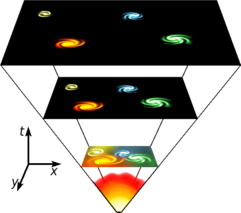
ENTER SCIENCE
I MAINTAIN THAT YOU CANNOT UNERSTAND GOD without understanding science. Science attempts to explain what we experience around us, to put it all in context, to bring seeming chaos into some sort of order. Consequently, I have learned much about science, not in detail, of course, I am not that smart, but in a broad survey, enough where I can integrate the ideas from many of them together. It is this integration which has allowed me bring to fruition by concept of God.
Cosmology, quantum mechanics, theory of relativity, genetics, and such, all of which help explain what God truly is. It is through an understanding of all of these things where I finally hit upon a formulation of God and it has to do with how the Universe was created 13.75 billion years ago. Science also helps to explain how "free-will" can exist in what Spinoza theorized was a "deterministic" universe.
OTHER INFLUENCES
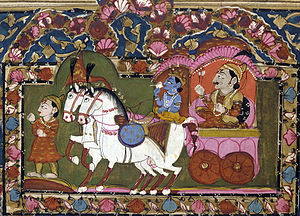
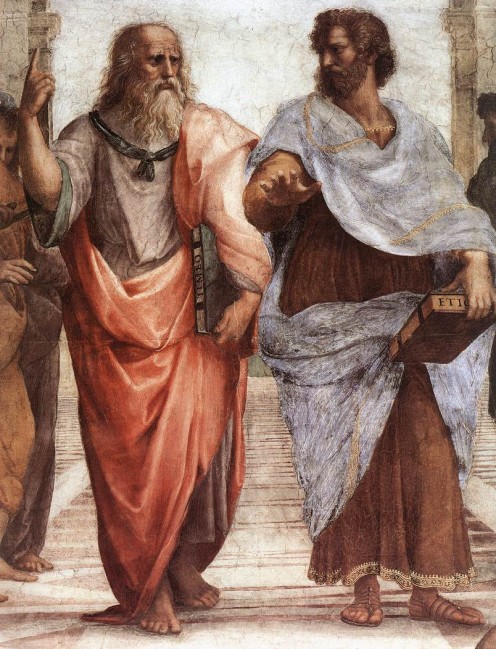
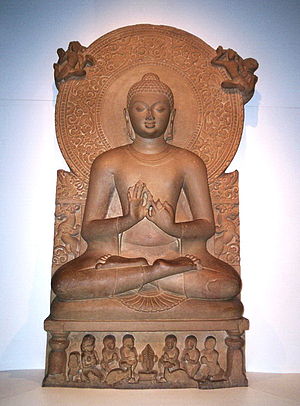
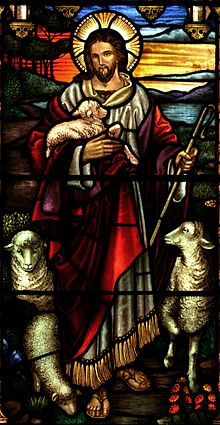
SCIENCE IS NOT THE END ALL
SCIENCE IS ONLY ONE SOURCE of information one needs to form a philosophy, you also need the Wisdom of the Ages to help you along as well. Each of the sources pictured to the right contributed greatly to my understanding of God and the Meaning of Life. Each provides an essential element of wisdom which helps "connect the dots", as it were.
For example, Baruch Spinoza left me hanging for a more complete comprehension of how God and Nature, and therefore man, are related to one another; the Hindu Bhagavad Gita, through its concept of Krishna, fills in some of the holes by adding flesh to the bones provided by Spinoza. Plato, Aristotle, and many of the words attributed to Jesus in the first two Gospels provide an ethical and moral underpinning while the writings of Buddha provide me a way to view life with ideas of the Four Noble Truths, Noble Eight Paths, Anica, etc.
It s the integration of all these ideas from science and the wisdom of great thinkers that have consumed my time. Many of these concepts are new to me, learned over the last couple of years from listening to lectures from The Teaching Company, reading hubpages, and reading books. It was like I had all of these strings I was holding in my hand; I could see where they came from, but they didn't connect to anything, just sort of hung there limp.
For example, from Spinoza, I had the idea of the "One Cause", but part of the baggage that came along with that was the lack of "Free-will"; in Spinoza's view, the Universe was 100% deterministic; no free-will at all ... sort of like Fundamentalist Protestants today. Well, that doesn't make sense to me, too many examples of "free-will" exist all around me to simply ingnore them and take it on "faith". It wasn't quite this simple, but once I had absorbed the concepts of quantum mechanics and the attendant "Uncertainty Principle", I had my answer, I understood to my satisfaction anyway how you can have "free-will" in a deterministic world.
Likewise, if you think about Buddha's Noble Eight Paths of "right view, right intention, right speech, right action, right livelihood, right effort, right mindfulness, and right concentration" and combine them with Aristotle's Ethical Virtues of courage, temperance, justice, and prudence, along with his concepts of the "Golden Mean" and "true Happiness", you can develop a wholestic philosophy on how to conduct your life and achieve an Aristotelian Happiness.
With hearing the narration of Spinoza's philosophy, I knew I had found a religious home. I don't know where I was driving, but I remember saying out loud something like "That is it! That is what I have been thinking about all of these 35 or so years. After looking into it a bit, I found that Spinoza had essentially founded "Scientific" Pantheism, although I suspect Buruch didn't know it. Pantheism had been around for quite awhile already, but his approach put a new twist and understanding of Pantheism. At its basic level, Scientific Pantheism asserts that 1) "The Cosmos is Divine and 2) the Earth is Sacred; that is it. From those to tenets, a whole religion is born.
Now, I don't necessarily hold to all of the ideas, pageantry, rituals, and the like of Pantheists, but I do understand and buy into its basic tenants.
RELIGIOUS SYMBOLS OF THE WORLD

PUTTING IT TOGETHER
SOMETIME IN THE FALL OF 2011, the pieces fell into place enough for me to put my thoughts down in writing, rather than just have them roll around in my head, of course, I suspect there are going to be many that will want me to keep them there; that is why I love Hubpages, lol. If find it slightly ironic that Genesis 1:1 makes a good place to start for "In the Beginning ... " are the perfect words for a subject like this. I would change the words slightly, of course, so let me give it a try.
1. In the Beginning the Universe was void of all life and material things, nothing at all existed except an energy that was called God and God filled the Universe. 2. The energy had no form and no pattern, it simply existed. 3. Then God began to become structured and contracted until God became an infintesimal point of energy that Was the Template of All there is. 4) Then, 13.75 billion years ago God expanded. 5) The expansion followed God's Template created for all Creation, ultimately creating heavens and the earth and the waters on the earth and all life that exists in the Universe.
That, in a nutshell, is my conception of how it all started ... as simple and complex as that. The expansion is what is commonly called the "Big Bang", which science is almost certain occurred 13.75 billion years ago, which, in turn, establishes the Beginning of Time as far as humanity is concerned. From the "Big Bang", science has a pretty good handle on what happened next up to, and including today.
Using the idea that God IS the stuff of the Big Bang and the template of all there is, it is easy for me to derive a philosophy that encompasses all of the aspects of a religion ... if one can define what a religion really is. In WIkipedia, you can find this possible definition:
"Religion is a collection of cultural systems, belief systems, and worldviews that establishes symbols that relate humanity to spirituality and, sometimes, to moral values.[1] " The footnote leads to a reference in Wikipedia where this idea comes from.
If one accepts the above definition, then I could, and to a small extent have developed each of these systems and worldviews; I wonder if I will finish it to my satisfaction before giving up my essence for others to share. In any case, the key for me is this idea of the "template" formed by the energy filling the void, which is God, organizing and coalescing until the moment of the Big Bang when the Universe began expanding, following the design laid out by the template that is God.
SYSTEMS AND VIEWS
SO, HOW DO I TAKE this auspicious beginning and end up with cultural and belief systems as well as worldviews? Well, the belief system and worldview should be pretty self-evident. Almost by definition, asserting that God is the template of life is both a belief system and a worldview at the same time. A consequence from starting as I did is that God and Nature must be one in the same, they cannot be different entities for God, by necessity, is Baruch Spinoza's "One Cause"; the thing from which all else, real and imagined, flows and to which all things can trace back.
Morals and Ethics flow naturally from the template, for, again, by definition, these characteristics of humanity are part of the original template and came into existence when humanity did. So does the idea of "Free Will", which is tied directly to the idea of the uncertainty principle contained in the science of Quantum Mechanics; again, a consequence of the original template that is God. And so it goes, regardless what aspect inside of a belief system or worldview you care to name, it is easy to develop a set of robust hypotheses to explain it which support each other and do not end up in the disconnects and conflicts present in most other systems.
This hub was intended to be an overview of my fundamental belief and not at detailed explanation of every part of it; that must wait for other hubs as I develop my philosophical and religious ideas. I hope you find this interesting and provocative although I am certainly not looking for anybody else to pick up on my ideas and go with them; I am satisfied that they work extremely well for me and leave me unconflicted. Looking forward to your thoughts.
DEMOGRAPHIC POLL #1
Do you consider yourself more closely aligned with -
DEMOGRAPHIC POLL #2
Are you -
RELATED HUBS
- A Spiritual Theory-Part 1: From Ashes to Ashes, From...
Religiousity and spirituality comes in many forms, almost as many forms as there are people to think of them. Other than rejecting a higher power out-of-hand, as atheists do, there are two camps regarding the essence of a higher power. One has it as - Darwin & Evolution (48%) vs Creationism & Intelligen...
Ever since Darwin came on the scene, the debate between evolution and creationism has been a hot topic ... mainly in the United States. Evolution is pretty much an accepted fact, whether a God to an active role or not, thoughout the world, except in
AMAZON ON GOD
© 2012 Scott Belford


